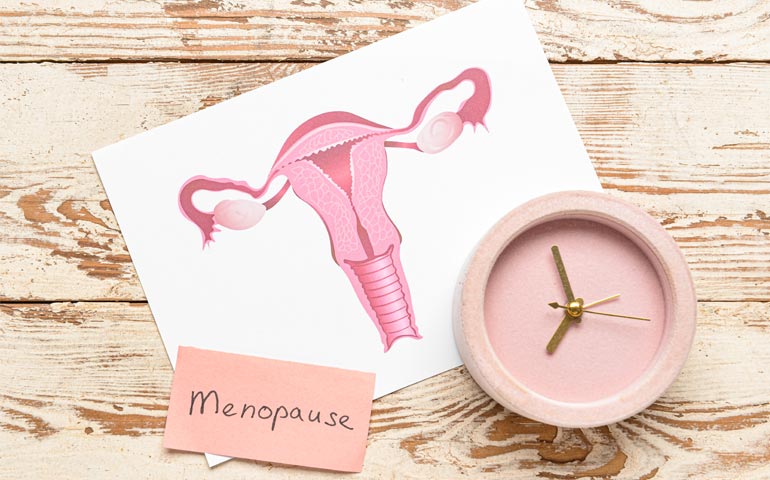The SWAN study, published in Menopause Journal, sought to better understand any contributions of the vaginal microbiome to the genitourinary health of postmenopausal women and whether there are relationships between genitourinary symptoms and specific vaginal microbiota. Women can have different types of bacterial communities in the vagina and some are associated with health problems in premenopausal women. The study found that women who had pain during sex were more likely to have one particular type of bacterial community.
While the effect of menopause and the lower levels of estrogen and low estrogen on the vaginal tissues are generally associated with what are considered to be less beneficial bacterial communities, having one of these bacterial communities is not associated with most of the genitourinary syndrome of menopause symptoms: vaginal dryness, vulvovaginal irritation, urinary urgency and painful urination. But one particular type of bacterial community is associated with women who report sexual pain.
The study by Drs. Watjen and Brooks did not determine how much of a contributor this vaginal microbiome is to painful sex. It found that, controlling for other factors, women who report painful sex were more likely to have one particular type of bacterial community. At this point, the epidemiological study cannot evaluate causation, only association. This is only one study finding this association, so more work would need to be done to determine if this holds true and is clinically relevant for patients.
As this microbiome study is the first step in understanding the relationship between this bacterial community and sexual pain, it is very important that patients and providers do not infer any treatment based on these results. This epidemiological finding does not yet provide any clinically relevant information or course of action for patients. The findings need to be replicated and studied biologically and clinically to determine if there is any way or any role in manipulating the vaginal microbiome as a treatment.
This research, the first microbiome study published by SWAN, is novel in the large number of women studied (over 1,300), the diversity of the women and the rich data collected about them in SWAN. It builds upon other studies on the relationships between the vaginal microbial communities of postmenopausal women and genitourinary symptoms. The authors note that the next steps are to determine if there are specific factors that lead to women having different bacterial communities and whether having these specific communities can predict the development of symptoms in the future.







